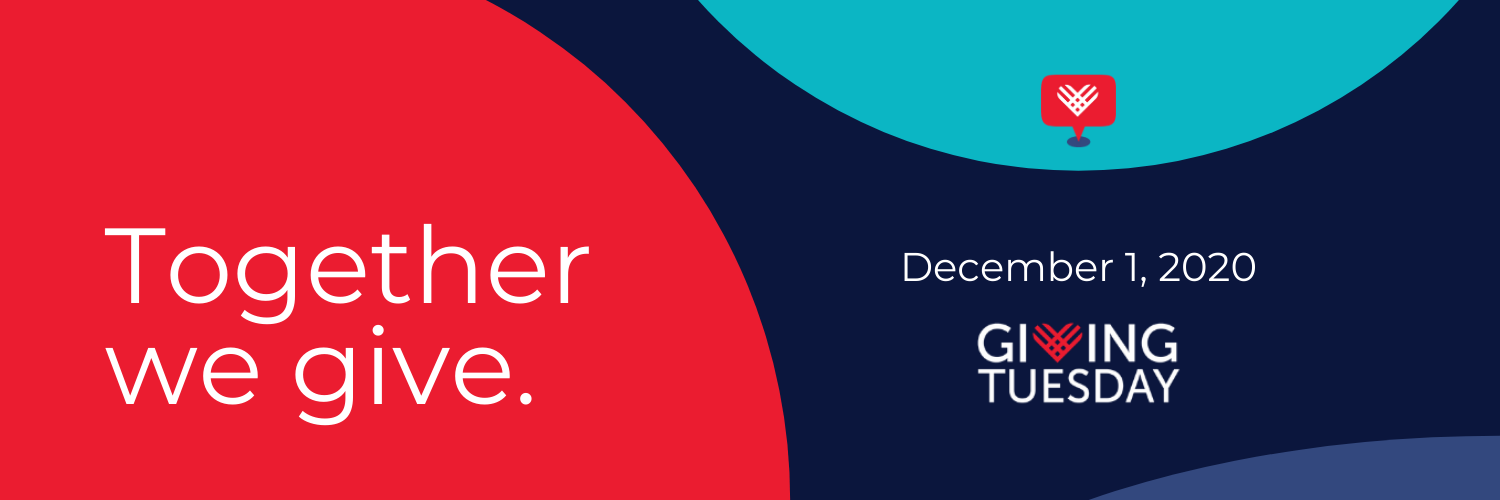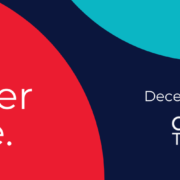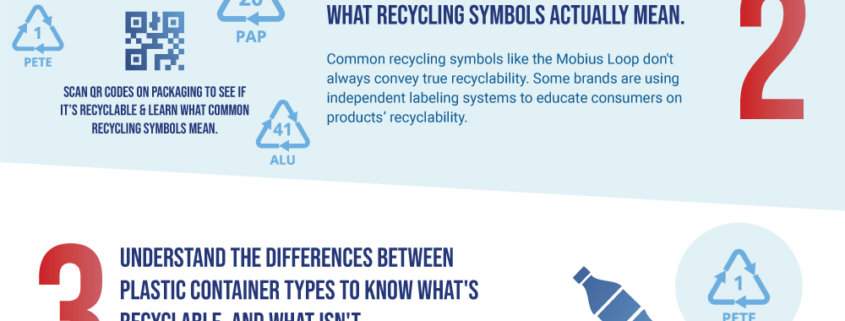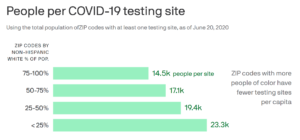
Contact lenses have come a long way since they were first introduced around 70 years ago. Today, roughly 45 million Americans rely on them for safe, affordable vision correction each year. But along the way, federal regulation of the contact lens market has not kept pace with the changing way Americans purchase and rely on these medical devices. The result is that thousands of American consumers are at risk each year of adverse eye health outcomes including keratitis, corneal scarring, corneal ulcers, and infection.
Under federal law, online contact lens retailers do not require patients to provide their prescriptions before ordering contact lenses. Patients can simply tell the retailer the lenses the doctor prescribed for them and the retailer then must verify the prescription with the prescribing doctor. As required by the Federal Trade Commission’s Contact Lens Rule (“Rule”), contact lens-prescribing doctors have eight hours to respond to an online sellers’ verification communication before the contact lenses are sent to patients. If they don’t respond, the online contact lens seller can ship the products, regardless of the fact that prescription accuracy hasn’t yet been verified. Since the Rule was implemented in the mid-1990s, before the adoption of email, many sellers used automated telephone calls, or so-called “robocalls,” to fulfill the verification requirement of the Rule.
These automated robocalls use computer-generated voices. They are often inaudible. They frequently contain incomplete patient information, and, in practice, these robocalls are sent via computer at all hours of the day and night without noting any call back number to correct errors. This cumbersome process makes it nearly impossible for eye doctors to properly verify contact lens prescriptions. In fact, this prescription verification system can lead to the shipment of incorrect contact lenses to patients with potentially dangerous consequences for patient vision health and safety.
As many consumers can attest from being bombarded with marketing robocalls, making sense of them is a nightmare. Using robocalls to verify important patient information, for the reasons previously outlined, is unsafe.
Current technology is capable of far better than this robocall system, especially due to the various forms of electronic communication we use today. These technologies can produce receipts, notify consumers of product shipments, and share product alerts and updates. Electronic communication is far more reliable and effective because it’s inexpensive, easy to understand, accessible. It also creates a verifiable paper trail. Therefore, we believe sellers of contact lenses should be required to use email or other forms of electronic communication, not automated robocalls, to keep consumers safe.
The FTC’s revised Contact Lens Rule also adds a cumbersome paperwork requirement that consumers and eye doctors need to complete at the end of a contact lens exam and fitting. Under this rule, prescribers must collect and store a so-called signed acknowledgment form in which a patient verifies that they received a copy of their prescription, as is already required under federal law.
That’s all well and good, but we believe a far better system to inform contact lens patients of their rights would be to require prescribers to post a sign in their offices, which is clear and conspicuous, noting that patients have a right to a copy of their contact lens prescription at the completion of their contact lens fitting. This type of posted signage is already mandatory in California, seems to be working well there, and we think it should be emulated on the federal level.
That’s a better solution because like many other forms consumers and patients are asked to sign, consumers probably won’t take time to read the form and thus won’t understand what they are signing; this is an ineffective exercise, in our view, and will result in more paperwork without necessarily ensuring patients have access to their prescriptions as the law intends.
In short, it’s time for Congress to update the rules governing this important, $10 billion industry. It should start by requiring the use of the latest technologies—not robocalls—to get consumers the information they need about their eye prescriptions and that those prescriptions are verified as accurate by their eye professionals.







 By NCL Director of Health Policy Jeanette Contreras
By NCL Director of Health Policy Jeanette Contreras











